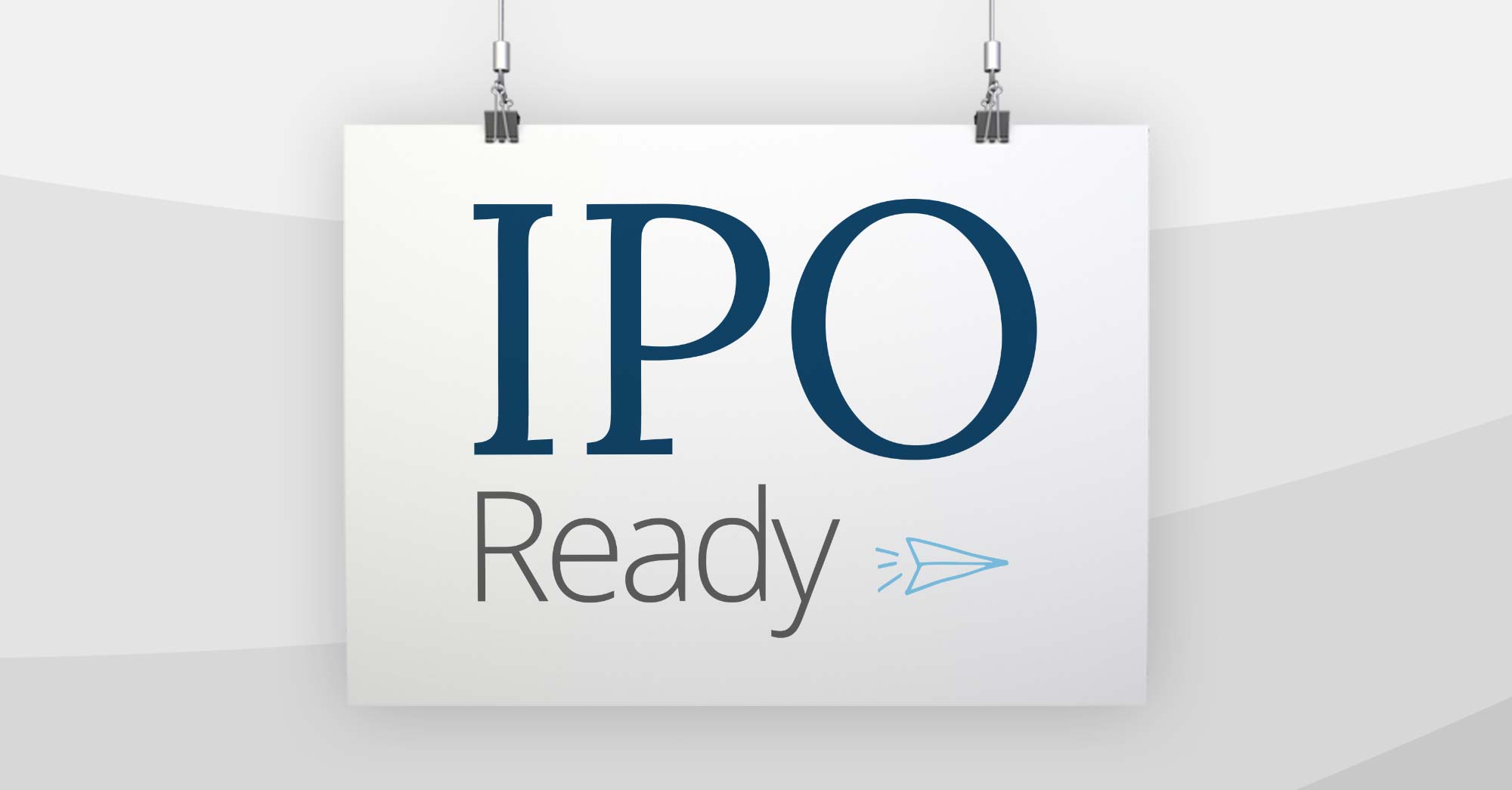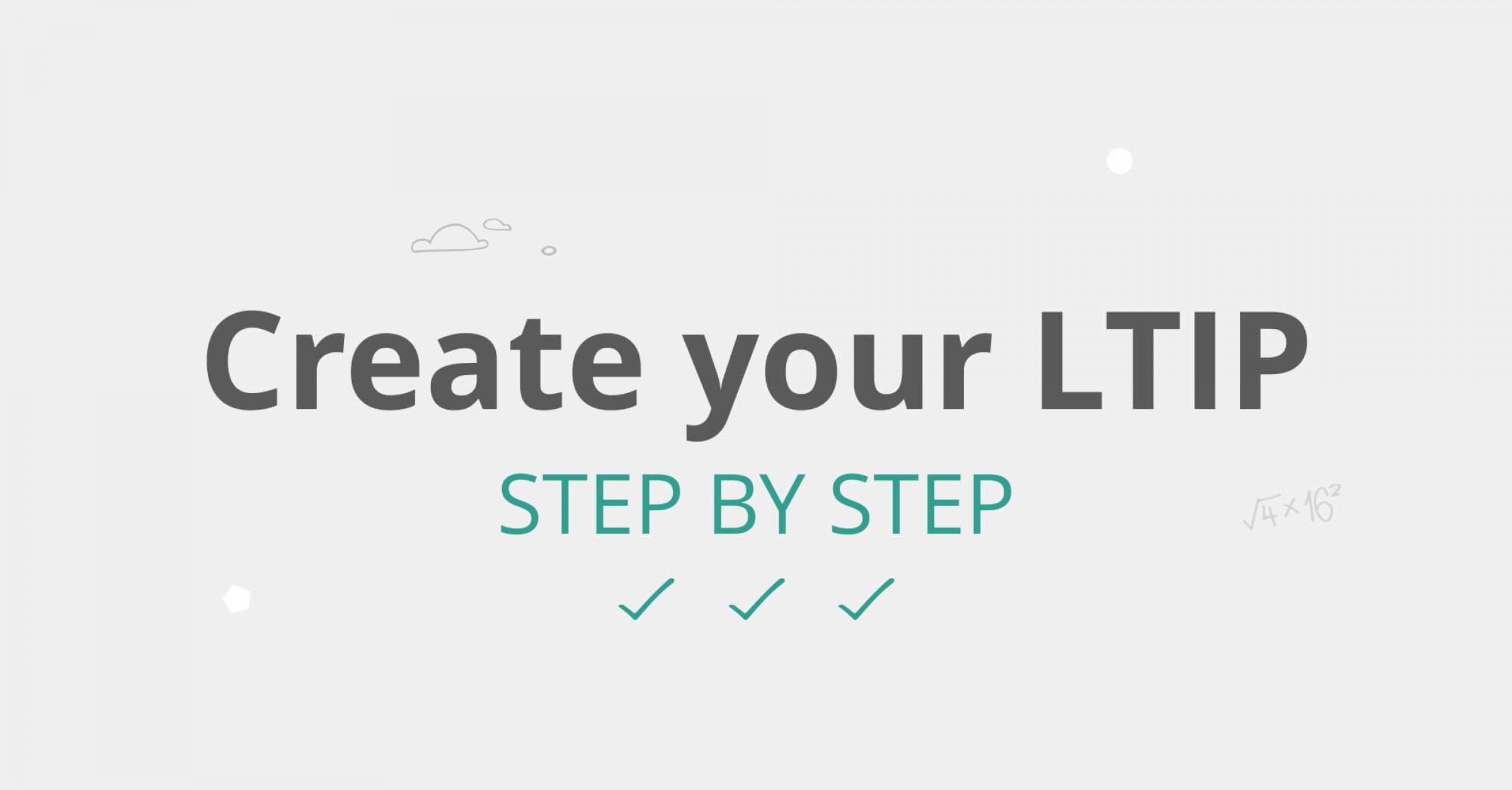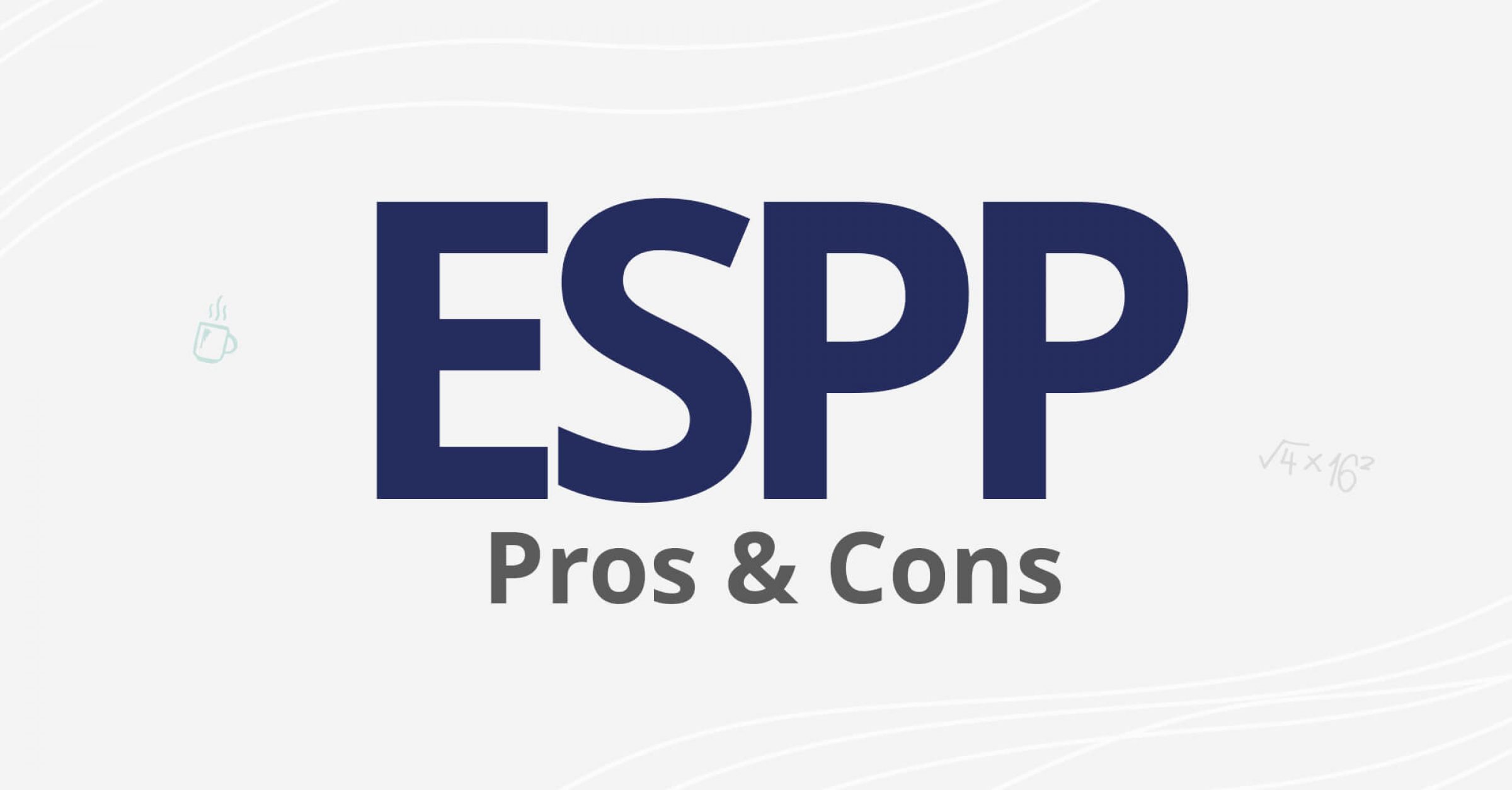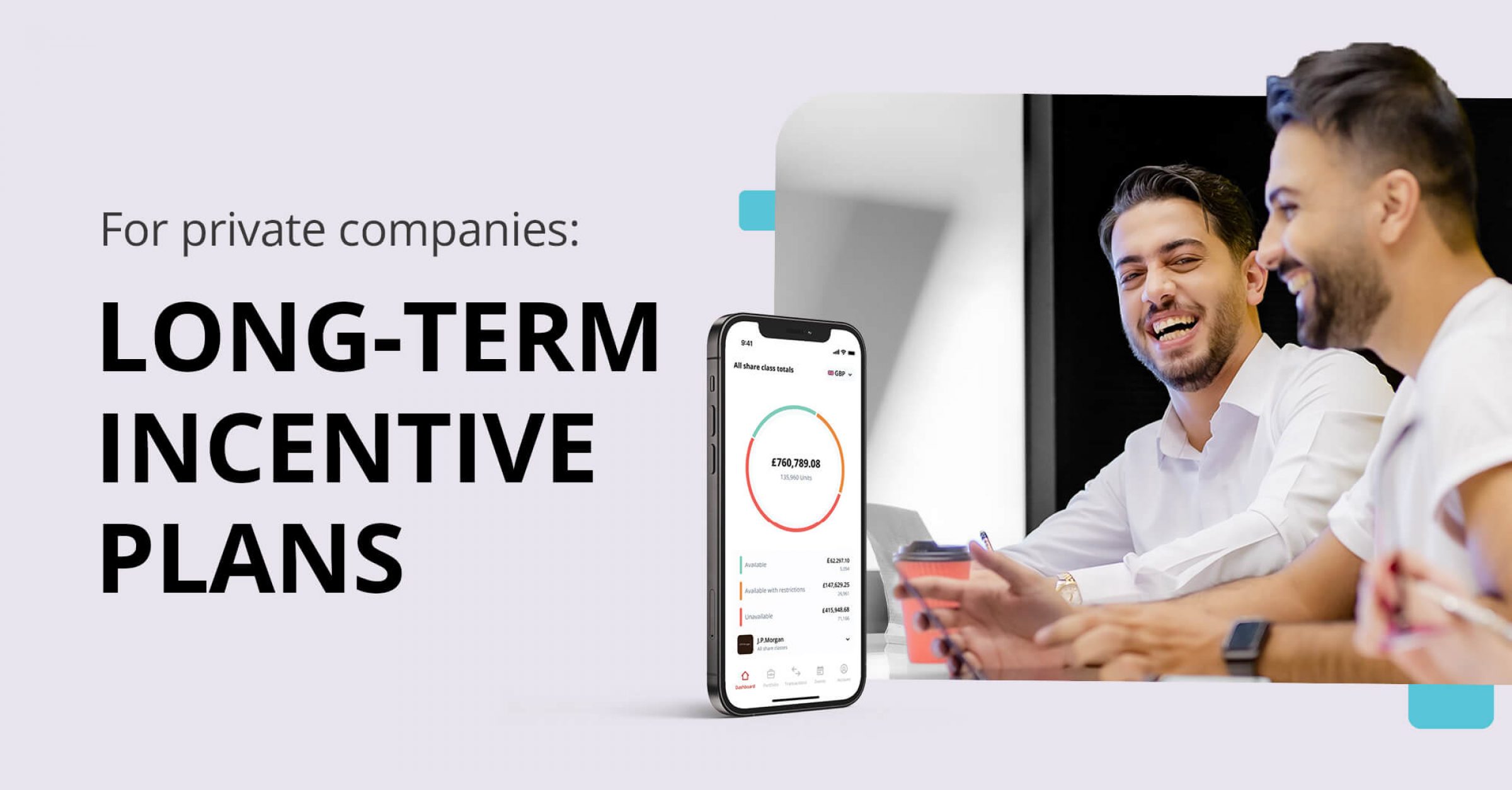The public-to-private transition is a particularly hectic period for stock plan administrators and related staff, as they grapple with the many equity compensation-related issues to be addressed prior to going public.
It can be a daunting and potentially overwhelming task, but the key to staying on track and getting the job done is best summed up in one word – preparedness.
7 Things to Do to Make your Equity Incentive Plans IPO Ready
Here is an overview of IPO equity plan readiness considerations, designed to help make the process of pre IPO preparation as easy as possible.
1. Your Existing Equity Plans will Almost Certainly Change
Change is unavoidable. These plans must be amended before the IPO to ensure that they comply with applicable stock exchange requirements.
Key changes in compensation plan occurring just before and after IPO events:
1. Adoption of new, more flexible equity incentive plans
2. Creation of broad-based employee stock purchase plans
3. Adjustments to executive officer compensation
Source: Around 400 listed IPOs in the technology and life sciences sectors
If you don’t have such a plan in effect, it is advisable to implement one before the IPO.
Why? on the most basic level, a private company will need approval from fewer people (e.g. closely held group of founders and venture capital investors) than a public company with a wider shareholder base that will likely impose stricter standards for equity compensation practices.
Early in the IPO preparation process, a company should perform due diligence on its existing stock plans, with a view toward assessing to what extent those plans will be compatible with the transition from private to public. Then, the focus will turn to introduce new incentive plans.
2. When you Settle on New Award Types, Know the Details
When you introduce new equity award types, be sure to fully explore how your post-IPO stock plans will need to be administered.
You may find yourself dealing with different taxable events, and also new arrangements for exercise or release. The information you need will be readily available, whether from peers, industry organizations, or legal and tax advisors.
Emerging compensation trends observed around IPO:
1. A shift in equity award vehicles from stock options to restricted stock units (RSUs) leading up to the IPO
2. Many of the technology companies that went public implemented ESPPs in conjunction with their IPOs
Source: 20 high-profile tech companies with IPOs in recent years
3. Look at Your Stock Plan Share Reserve
The reserve is the total number of shares set aside for issuance in the future to, for example, reward employees.
It is recommended that pre IPO companies ensure that they have enough shares in their stock plan share reserve to cover grants for up to five years post IPO.
If the company needs to approve an increase in the reserve to hit this level, it should look to do so before going public, as it will be easier to secure the required shareholder approval prior to the floatation.
Many pre-IPO companies also implement ‘’evergreen share reserve provisions’’ that allow for an automatic annual increase in the share reserve. Institutional investors tend to dislike such provisions because they can lead to a dilution in the value of their holding, so it is not unusual for companies to have to remove an evergreen provision.
4. Ensure Your Cap Table is Clean

is a necessity on the IPO journey
It is always important to maintain an orderly and clear cap table, but never more so than when embarking on the IPO process.
It is not unusual to have several versions of the company cap table floating around. However, having multiple copies in circulation is a recipe for disaster. An update added in one copy of the document will inevitably at some point not be added in another, thus creating a trail of inaccuracies, which needs to be avoided when preparing to go public.
To make your equity data accurate and IPO ready at any given moment, consider identifying a way to allow all equity data to be entered into one single place.
6. Develop a Compensation Philosophy – A Document that Outlines a Compensation Framework
The pre IPO period can be an anxious time for employees. Communicating early and often about the opportunities presented by going public will go a long way toward easing whatever concerns may exist.
Webinars and written presentations can help to answer the questions your employees will have about different aspects of the journey, including the likely impact on equity compensation arrangements.
It would be wise to consult with legal advisors on the content of whatever internal communications take place, as, while it is good to inform employees, you must consider the rules and restrictions in place around what IPO-related information can be shared while the process is ongoing.
7. Don’t be Afraid to Ask for Help
Going public will be one of the most important events in the life of your company and Global Shares can be there with you every step of the way.
We have a wealth of experience in the area of IPO preparation, and our experts are waiting to help you know – whether to answer your questions, to make you aware of questions you didn’t even know needed to be asked, or merely to advise you along the way.
Get in Touch for IPO Readiness for your Compensation Plans
Contact Global Shares now to set up an initial conversation about getting your equity compensation plans fit for an IPO.
Please Note: This publication contains general information only and Global Shares is not, through this article, issuing any advice, be it legal, financial, tax-related, business-related, professional or other. The Global Shares Academy is not a substitute for professional advice and should not be used as such. Global Shares does not assume any liability for reliance on the information provided herein.








